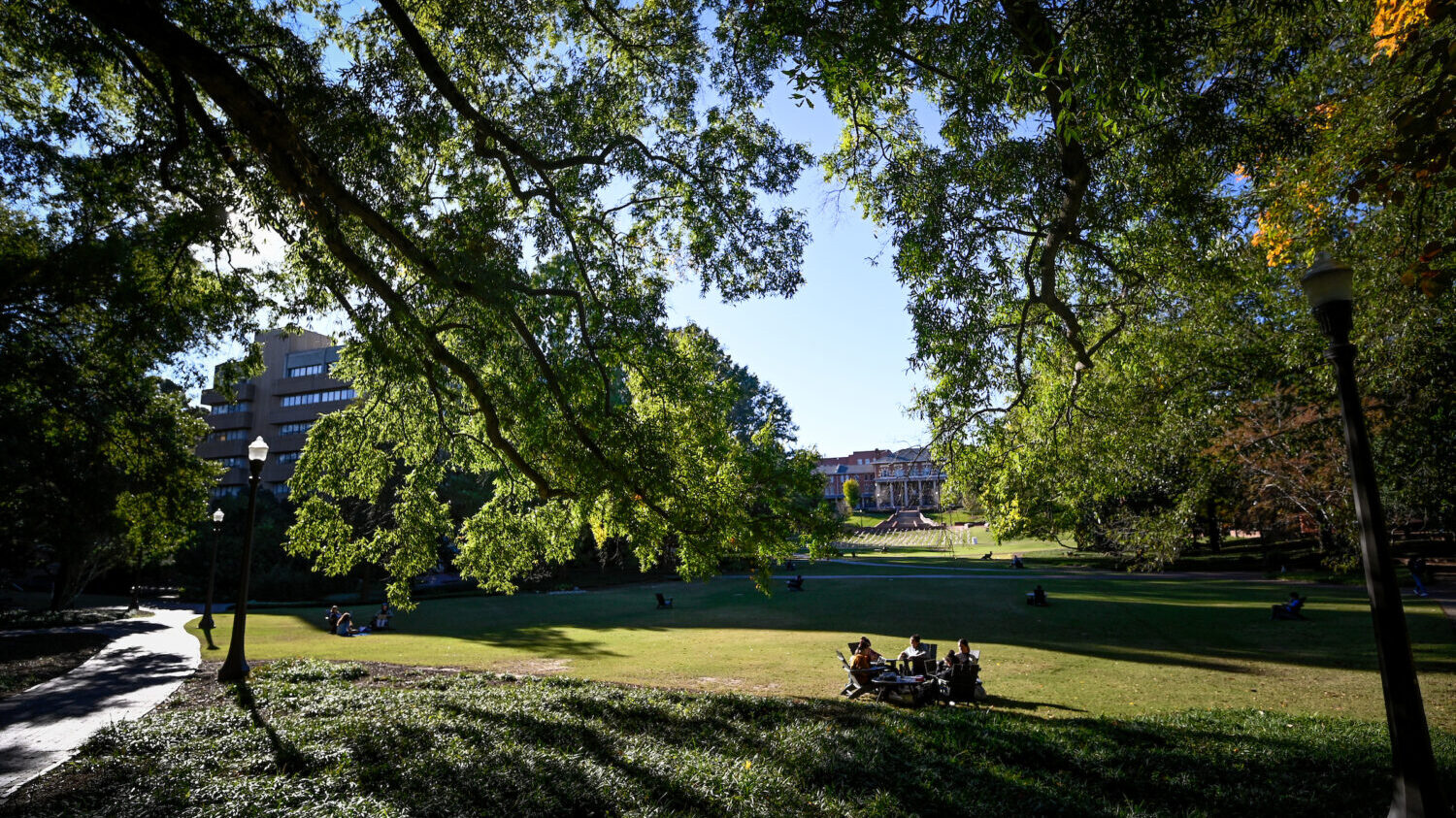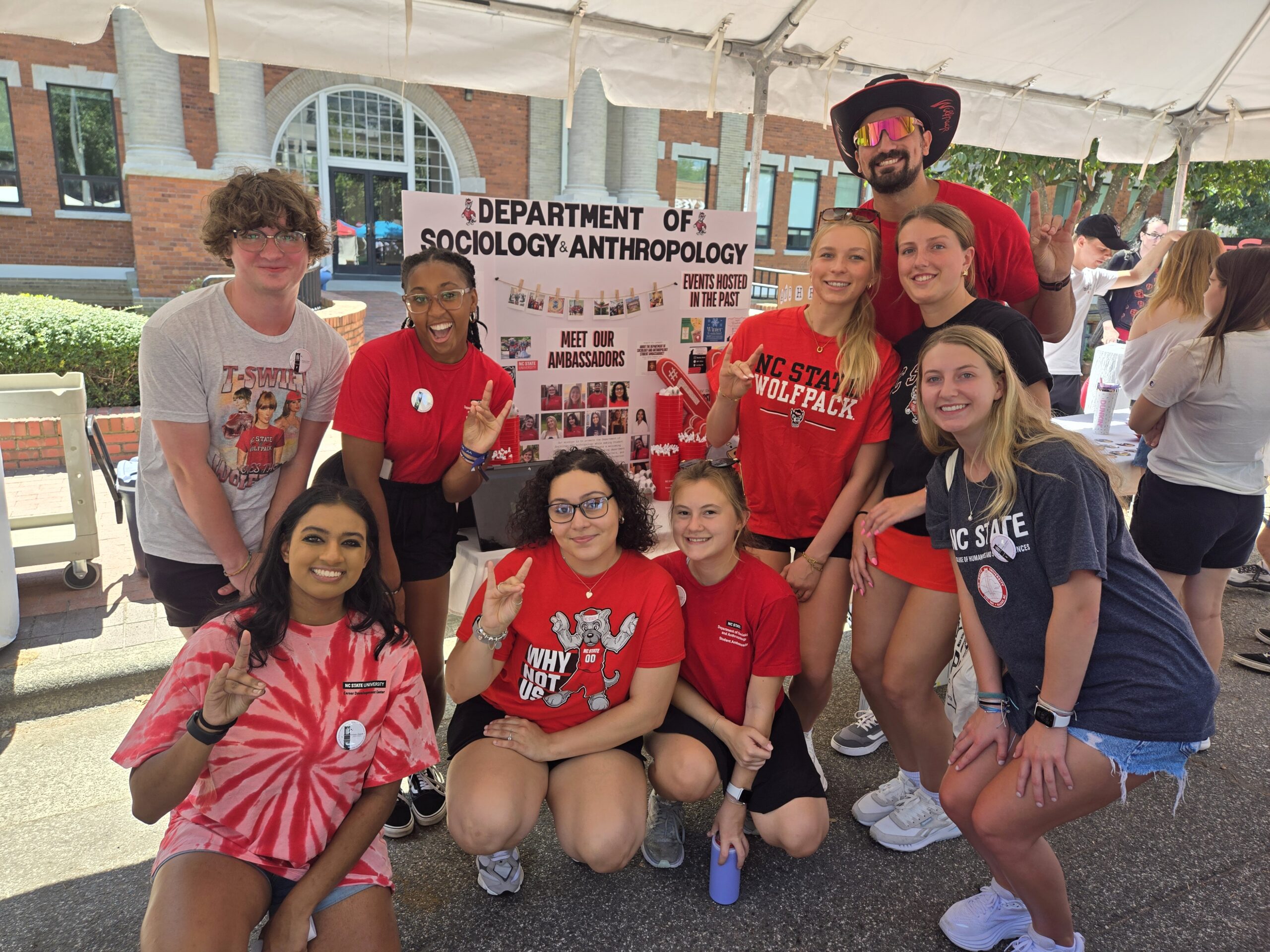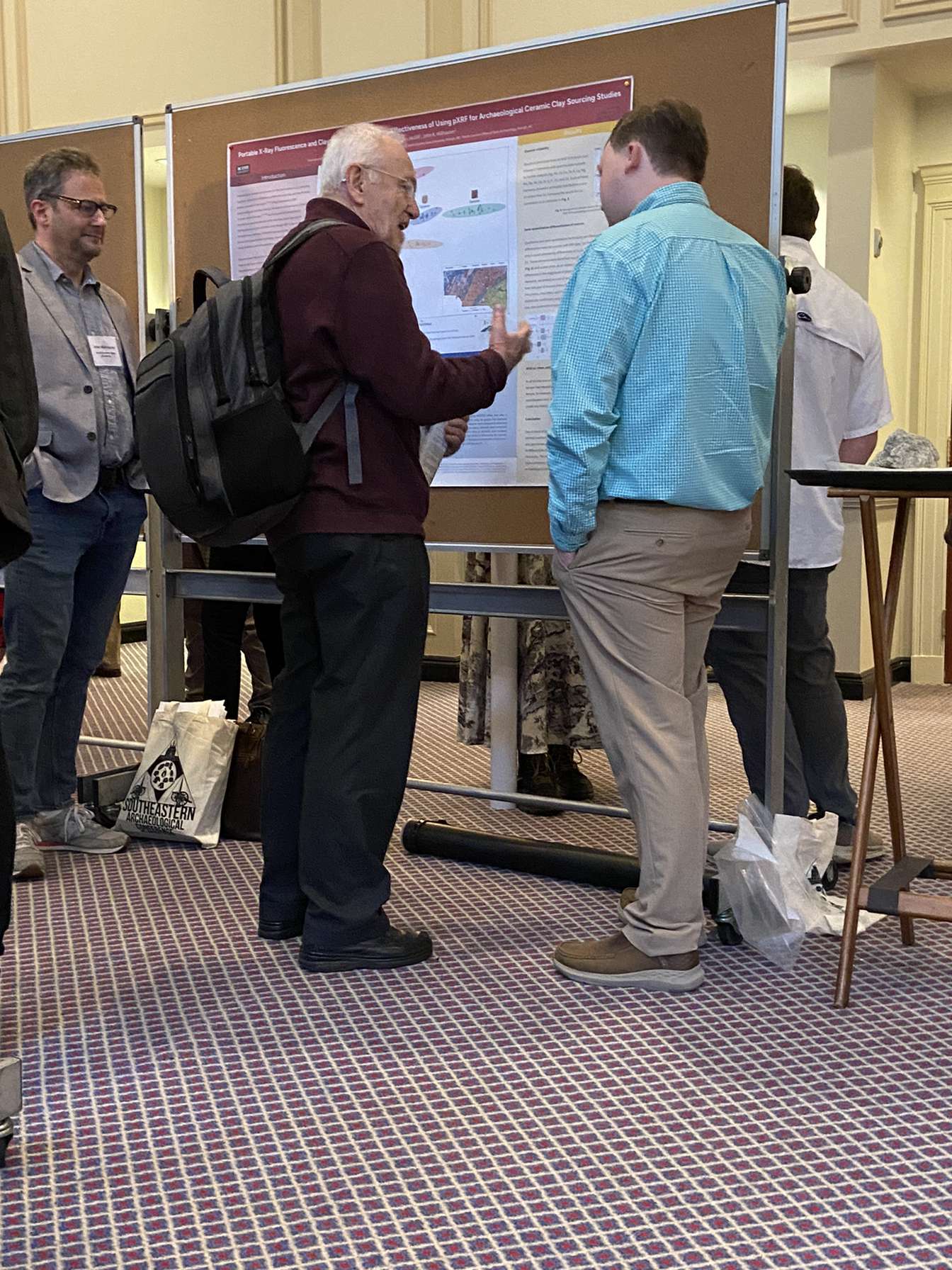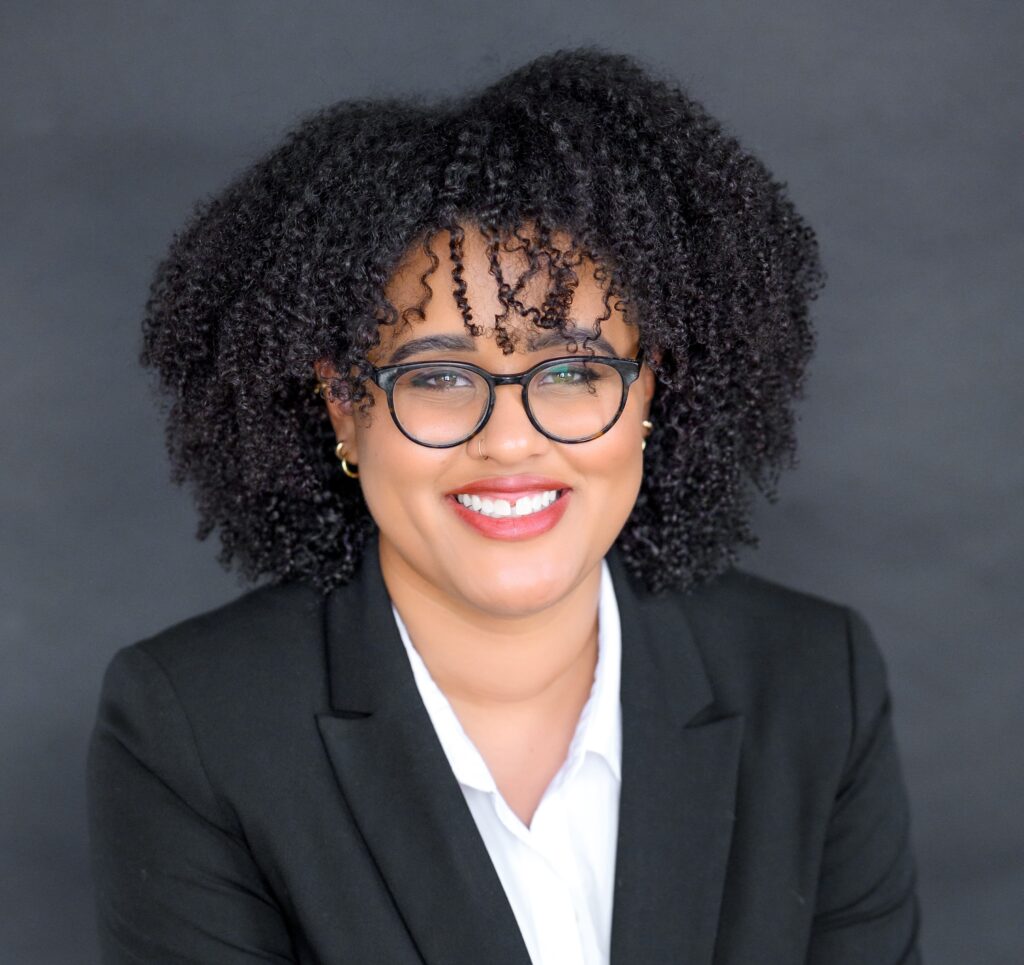Often many students hear and get inundated with news about NC State’s mental health resources and measures, yet have little to no idea as to what they even really are, what they entail, and how to take advantage of them.
“What resources are the best for me? How can I schedule an appointment with the counseling center? What does a telehealth visit involve? What support groups are there for me and my needs?”
These are just some of the many questions that I and fellow students have for the staff, and given that I was presented the opportunity to ask these questions and address related concerns from the director of prevention services for NC State, Angel Bowers, I moved forward accordingly and had the pleasure of interviewing her to bring forth more clarification and assurance regarding our mental health resources, as well as learning about new methods and measures to use for improving and maintaining one’s mental health.

First regarding what the director herself does to improve and maintain her mental health, meditation and embracing mindfulness are the things that have become a habitual part of her routine. Time in nature, as well as exercise, are both unquestionably priorities in her day-to-day routine, especially considering the large amount of time spent indoors in the campus’s buildings that comes with her position. Given her background and trade as a therapist, Angel also stresses the importance of talking with people (family, friends, etc.) about the things that make for sources of stress and overwhelmingness, along with incorporating regular therapy sessions and checkups.
As far as what sources there are for students to seek and utilize, Angel says that the NCSU Counseling Center on campus is a great option, especially from a more clinical counseling approach. Here, students can initiate individual counseling, group counseling and psychiatry services. As for how students can initiate such services, one way is by going to the NCSU Counseling Center website to access them there, with another way simply being to walk in anytime during business hours. One of these particular services, launched in partnership with AcademicLiveCare, are telehealth counseling appointments. Degree-seeking students get 12 free telehealth sessions per academic year that can be initiated anytime (including summer) and anywhere (whether back at home or studying abroad) for getting connected with a triage counselor and moving forward accordingly.
Angel clarifies that prevention services, a similar yet separate unit from the more clinically-focused counseling center, is not a clinical resource but still very much focused on mental health. Prevention services offers 14 drop-in spaces, which is where students can show up whenever they are available and get to connect with others who might be experiencing some of the same struggles. Given the casual and no-commitment nature of these spaces, they have seen really great responses.
CARES is another program housed in prevention services, where individuals concerned for a friend, a loved one or even themselves can check in and make a referral for the program’s case managers and staff to provide comprehensive and continued outreach. For individuals more concerned with alcohol and drug usage, there is both a recovery-based program as well as education resources available, both of which can be utilized simultaneously, and all of which employ an extensive harm reduction approach.
As Angel puts it, prevention services can be approached as an essential midpoint and/or foundation for students to start their journey with them and point them in the right direction, whether said journey entails addressing financial challenges, pursuing identity-based or other spiritual resources, or other individual reasons. One of the biggest challenges that Angel sees and notes from students are connected to sentiments and feelings of lack of connection, loneliness, and belonging. She suggests that there is a misconception of people coming in and making tons of friends in their first week or so that some students hold, and that there would more likely be more transition periods and challenges with overcoming these kinds of challenges.
Admittedly, this was similarly the case with me during my freshman spring semester. I went through multiple depressive episodes fueled by these kinds of feelings and challenges in tandem with other more personal matters. I eventually called the NCSU Counseling Center, connected with a triage counselor, discussed the factors and causes behind these episodes with her, filled out some online paperwork and ultimately got directed and placed in a support group titled “Men of Color,” which aimed to create a space for men of color to discuss and support each other through our similarly shared issues.
Partaking in that group helped me out considerably, not just with alleviating feelings of general isolation and loneliness, but also with making me realize that there were other students like me with unique yet similar backgrounds, upbringings, cultures and struggles. This is not to say that all my mental and emotional struggles were absolved by being in this group, but aside from the aforementioned benefits, it also incentivized me to pursue other methods of promoting and maintaining my mental health, like attending more cultural and recreational events in and around the university.
It’s worth mentioning, above all else, that this was merely my own particular experience with the counseling center and NC State’s mental health resources, and I aim to merely offer more nuance and perspective on the inner-workings of the university’s mental health resources with this anecdote. With all of this said, both Angel and I nonetheless implore you to consider these resources, whether in the event of a mental health emergency or for simply seeking different ways in improving your mental health. You are a loved and valued member of the pack, remember that!
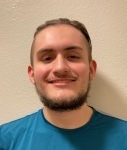
This article is by Alan Ramirez, a Department of Sociology and Anthropology student ambassador majoring in sociology.
- Categories:
